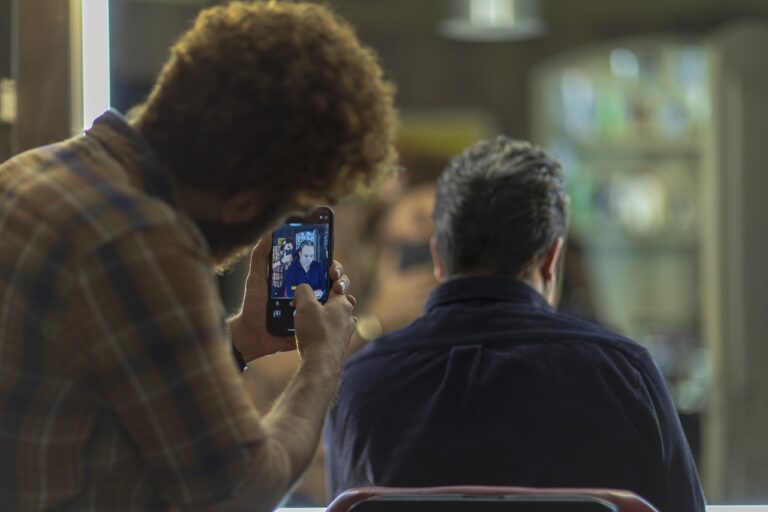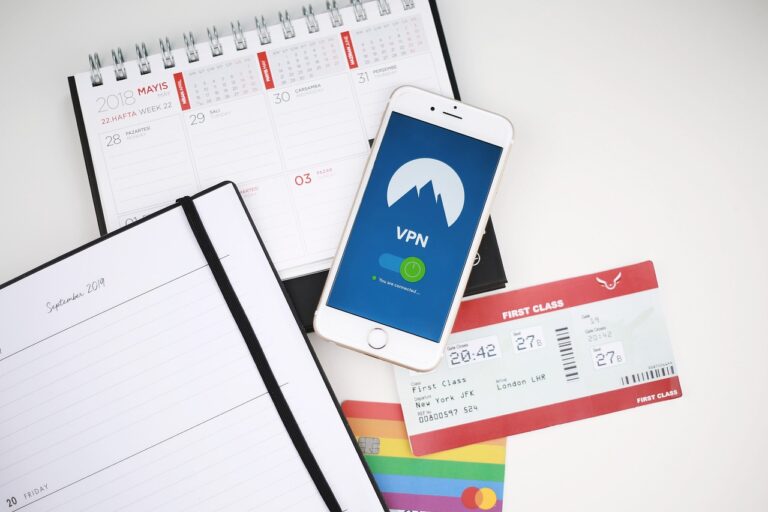The Psychology of Impulse Buying in Online Shopping
Online shopping has revolutionized the way consumers make purchasing decisions, with various factors influencing their impulse buying behavior significantly. The convenience of shopping from the comfort of one’s home plays a crucial role in driving impulsive purchases. The ease of accessing online stores at any time and from any location contributes to impulsive buying tendencies, as consumers can make quick decisions without the need to physically visit a store.
Moreover, the wide array of product choices available online can also trigger impulse buying behavior. The abundance of options and the constant exposure to new products stimulate consumers’ desire to make unplanned purchases. This variety not only caters to different preferences but also creates a sense of urgency and FOMO (fear of missing out) among consumers, prompting them to buy on the spot.
• The convenience of shopping from home
• Accessing online stores at any time and location
• Wide array of product choices available online
• Constant exposure to new products
• Creating a sense of urgency and FOMO among consumers
The role of emotions in online impulse purchases
Emotions play a significant role in influencing online impulse purchases. When individuals experience emotions such as excitement, happiness, or even stress while browsing online, they are more likely to engage in impulse buying behavior. These emotions can lead to a sense of urgency to make a purchase, overriding rational decision-making processes.
Moreover, emotions can create a sense of attachment to a product or a desire to seek instant gratification. For example, seeing a limited-time offer or a product that resonates with one’s current emotional state can prompt immediate purchase decisions without thorough consideration. By appealing to consumers’ emotions through strategic marketing techniques, online retailers can successfully trigger impulse buying behavior and drive sales.
The impact of social influence on online impulse buying
Social influence plays a significant role in driving online impulse buying behavior. When consumers see others purchasing a product or endorsing it on social media platforms, they are more likely to feel compelled to make a similar purchase. This phenomenon is known as social proof and can create a sense of urgency and FOMO (fear of missing out) among consumers, leading to impulsive buying decisions.
Moreover, the presence of user-generated content, such as positive reviews and ratings from other consumers, can also influence online impulse purchases. Consumers tend to trust peer recommendations and experiences more than traditional advertising. The abundance of social proof and user-generated content in the online space can create a sense of trust and credibility, persuading consumers to make quick and impulsive buying decisions without thoroughly evaluating their needs or budget constraints.
What are some factors that influence impulse buying behavior online?
Some factors that influence online impulse buying behavior include product presentation, availability of discounts or promotions, convenience of purchasing, and social influence.
How do emotions play a role in online impulse purchases?
Emotions can play a significant role in online impulse purchases as they can lead to impulsive decision-making based on feelings of excitement, desire, or urgency.
How does social influence impact online impulse buying?
Social influence can impact online impulse buying by creating a sense of urgency or FOMO (fear of missing out) through peer recommendations, social proof, or influencer endorsements. This can lead to impulsive purchases based on the desire to fit in or keep up with others.
Can social media influence online impulse buying behavior?
Yes, social media can influence online impulse buying behavior through targeted ads, sponsored content, and influencer endorsements that create a sense of desire or urgency to make a purchase. This can lead to impulsive buying decisions driven by social influence.







